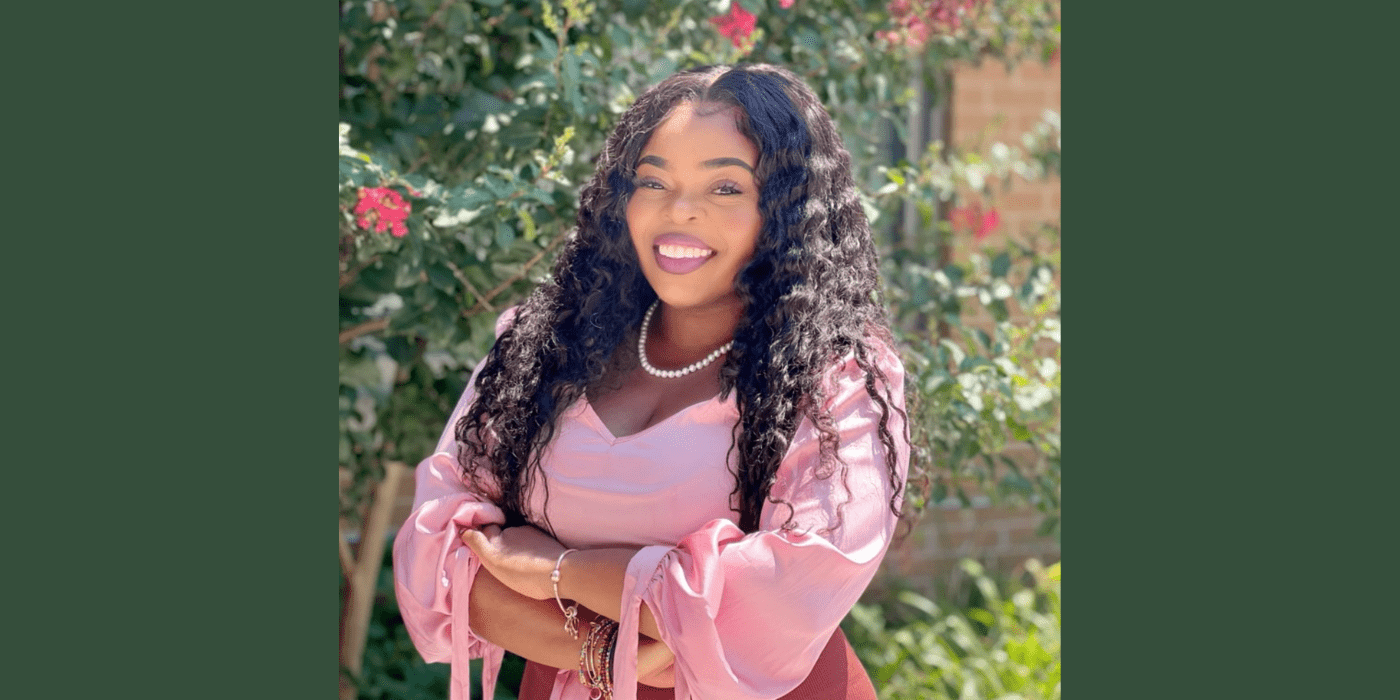
Share how you first discovered the Boren Awards. What drew you to the program, and why did you decide to apply?
I first heard about the Boren program through a friend in my doctoral program. I was talking with her about some of the fellowships that I was considering applying for to fund my dissertation research abroad. She asked me if I had heard of Boren and sent me a link to their website. After doing a deep dive on the website and reading the profiles of past recipients, I knew that Boren would be a great opportunity for my dissertation research and future career in the U.S. government. I am currently a federal contractor with the U.S. government, and one of my long-term goals is to transition into a direct-hire role. The Boren program provides Non-Competitive Eligibility (NCE) following the end of your fellowship term, which gives you an advantage when applying for federal positions. This perk was attractive to me, in addition to the emphasis on language acquisition and community engagement.
Outline what your day-to-day will look like in Uganda.
I will be located in Mbarara, a city in southwestern Uganda. I selected this location because it has a significant refugee population, which is the focus of my dissertation research. I expect my daily activities to be diverse, with no two days being identical. Most of my time will involve meetings with my mentor at Mbarara University of Science and Technology (MUST) and with key stakeholders who can help me connect with the refugee community. As I grow more familiar with the area and build trustful relationships, my daily tasks will include participant observations, qualitative interviews, and various other research activities.
What are you most looking forward to when you arrive in Uganda? Where will you be staying in the city? Host family? Apartment?
I am really excited to dive into the local culture! I can’t wait to taste the local cuisine, build friendships in my community, and discover various parks and activities, particularly the silverback gorillas! Additionally, being near Lake Victoria inspires me to plan mini-trips to the beach and explore everything Uganda and East Africa offer. I’ll be living in my own modern one-bedroom apartment on the city’s outskirts.
What interests you most about studying Swahili? Culture? When did this interest begin?
Language acquisition has always fascinated me. I am fluent in both Haitian Kreyòl and French. During a trip to Haiti, I met a young woman who spoke Swahili, and she mentioned how Swahili reminds her of Haitian Kreyòl. Since that encounter, I have wanted to learn Swahili. Moreover, Swahili is recognized as the most widely spoken language in Africa and is the first language to be adopted by the African Union as an official working language.
Before your Boren Award, you served in the Peace Corps in Benin, West Africa. How did you adapt to life in Benin, and what skills did you learn on-site that will be helpful when you travel to Uganda?
When I first arrived in Benin as a Peace Corps volunteer, it was my initial experience in Africa. I felt a mix of emotions—nervousness, excitement, and fear—and often asked myself, what did I get myself into?!
The initial three months involved living with a host family during training, where I spent each day with fellow health volunteers as we learned how to navigate in Benin. We learned various skills, including language acquisition, cooking local dishes, market negotiation, and flagging down a motorcycle taxi and giving directions.
After this training period, I embarked on the remaining 27 months of my service independently. I quickly learned to be resilient and adaptable to change throughout this time. I learned to manage challenges, anticipate the unexpected, and appreciate a freedom from constant activity that we often miss in the United States.
I also became resourceful, thinking on my feet and finding creative solutions to problems. Advocating for myself and others, which I previously found challenging, became another essential skill I developed during my Peace Corps experience. The skills I've gained will significantly benefit me as an independent researcher in Uganda, where my project's success hinges on my initiative. Resilience, resourcefulness, adaptability, and confidence are the key attributes I will rely on to thrive in Uganda.
How do you think this time abroad will inform your future career in behavioral and community health?
As I mentioned earlier, I am going abroad to conduct research for my dissertation on HIV-related stigma among refugee women. This study will explore whether HIV self-testing is an acceptable testing method for this group. There is limited literature addressing the intersection of HIV self-testing and stigma within refugee populations or those facing complex humanitarian situations. The findings from this research will make a significant contribution to public health and inform future interventions in challenging humanitarian contexts. I believe my time in Uganda will advance my career and open doors for me to continue exploring this important work, ultimately improving the lives of vulnerable individuals.
